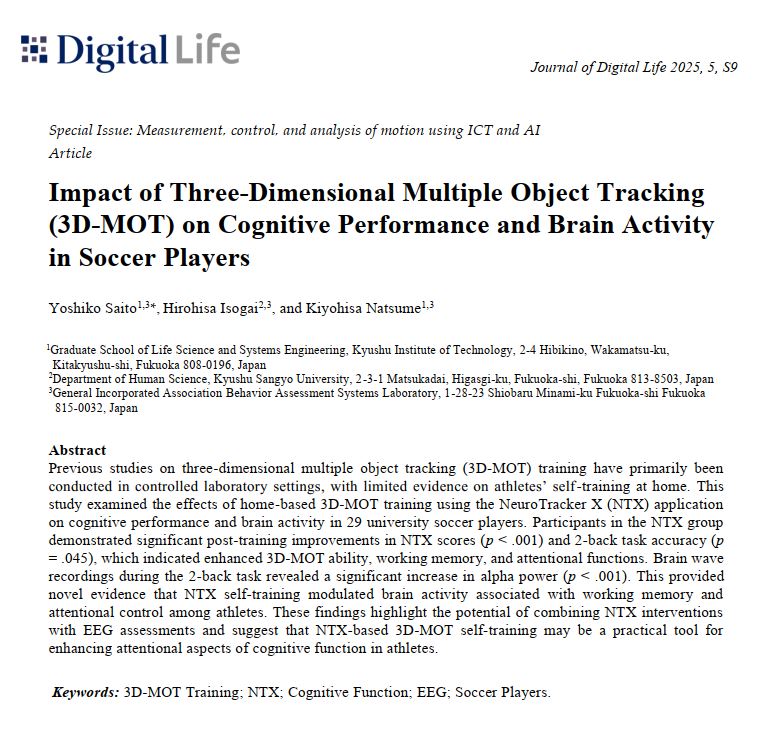Welcome to the Research and Strategy Services at in today's fast-paced.

For a long time, we have known how water is essential for survival and homeostasis. Recently, studies have shown the importance of the role of water in the maintenance of the functioning of the brain. In this article, we shall concentrate on the emerging evidence of the various effects of acute water consumption and dehydration on mood and cognition.
The research covered here composes a methodological weakness of an inconsistent measurement in cognitive assessment and a lack of a precisely objective measurement of hydration state. It will also cover other gaps in knowledge which concerns various factors which influence water intervention effects. Also, there will be a discussion about how future research can clarify water roles in the maintenance of brain function and health.
Growing evidence suggests that foods and drinks that are consumed affect both physical and mental performance. Most food components suggest mental and physiological effects that are dubbed as ‘nutraceuticals’ and ‘functional foods’. These foods are also seen as the best ways to sustain better health and also protect humans against diseases, illnesses and pathological ageing. Despite water constituting over 60-80% of our bodies, it has also been overlooked as a factor that can help influence our mental performance.
The evidence from experimental investigations and public surveys indicate that older adults and children are at significant risk of voluntary dehydration. These individuals are always at risk of drinking insufficient fluids that results in a lot of dehydration. This dehydration is referred to as voluntary dehydration and usually occurs from lack of information the amount of fluid is required for a balanced hydration state.
It may usually happen when one does not take into account the number of daily activities. Other factors that cause dehydration are weather because it contributes to day-to-day variability in the hydration requirements. Most schools located in hot climates and experienced runners should plan for ways to rehydrate regularly.
The fluid balance within a human body is maintained through a homeostatic mechanism whereby the water occurs through the renal systems, modifies our urine production. Body water intake is always encouraged when one feels thirsty. These mechanisms are fallible in vulnerable groups such as older adults and children who help to maintain their hydration status adequately. Inadequate hydration for young children is due to a dependency on children's careers which makes fluid consumption a problematic thing. Other physiological issues interpret the thirst response that is prompted by a homeostatic mechanism. These issues can be challenging to deal with due to lack of experience with children and osmoreceptor sensitivity deterioration for the older adults.
Various investigations regarding dehydration and mental performance were first carried out in the military population. Many soldiers are frequently exposed to extreme heat, which induces varying severity of dehydration. Cognitive abilities in these soldiers were tested, which included numerical ability, short-term memory, sustained attention and psychomotor function that helped establish if any particular deficit was caused by changes in the hydration status.
There have been other subsequent studies in the general population and military that have supported the initial evidence of detriments in cognitive abilities with induced dehydration. Some experts have continued questioning the evidence that suggests that dehydration affects human cognitive performance.
The studies that measure self-reported changes in our mental states have found a lot of associations between moods and dehydration, which are always in collaboration with our changes in performance. Despite a lot of variability in the various methods used, various mood states have also been reported like difficulty in concentrating, less alert, tension and fatigue. These self-reported moods conditions are susceptible to changes in the body hydration state and always occur independently from all forms of cognitive performance changes.
There have been recent studies regarding how research methods vary, and some have used the degree of dehydration severity as a critical factor in determining significant deficits in cognitive performance. The application of different methods has also resulted in various interpretive confounding factors. The evidence has also suggested that exercise can improve cognitive performance to help counteract any deficit caused by dehydration. An increased heat core contributed by heat stress is one of the causes of such cognitive deficits.
The studies that have used fluids restrictions to help induce dehydration are always free from various confounding factors. Most importantly, the studies have shown that cognitive deficits can be associated with a state of dehydration. One broader takeaway from hydration research is that regular exercise in our daily activities can help to improve our mental performance.







Welcome to the Research and Strategy Services at in today's fast-paced.

By strengthening the neural circuits that are affected by addiction, their restoration aids in fighting the addiction itself.

Learn how biofeedback can guide quality sleep habits.

A personal look into the challenges of the digital age, and practical ways to overcome them.
.png)